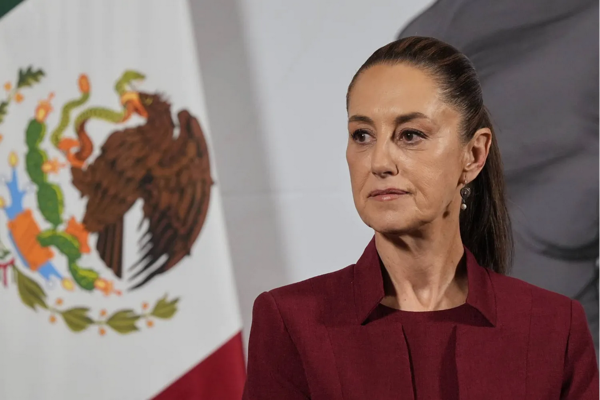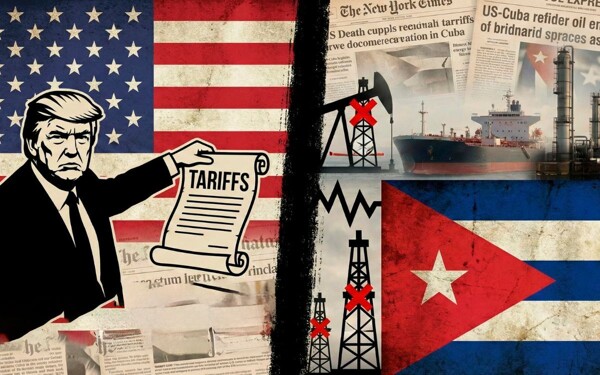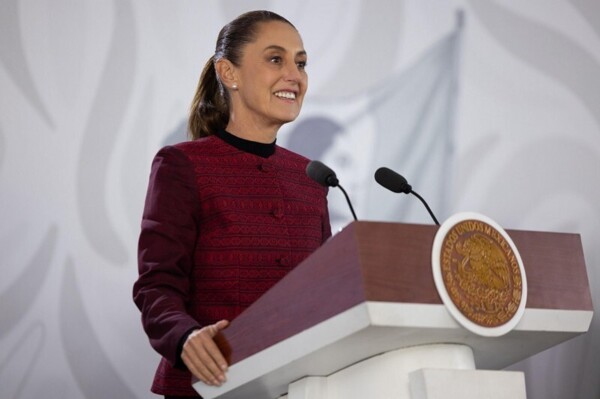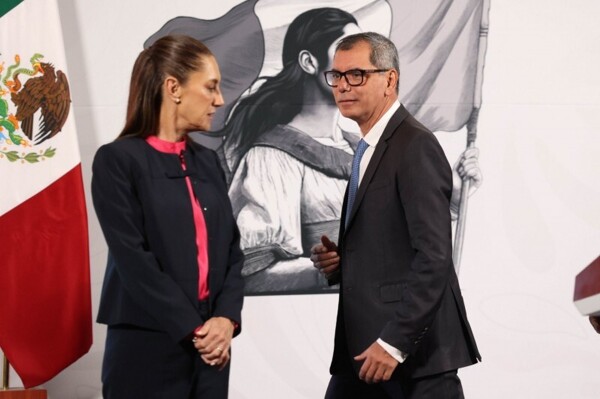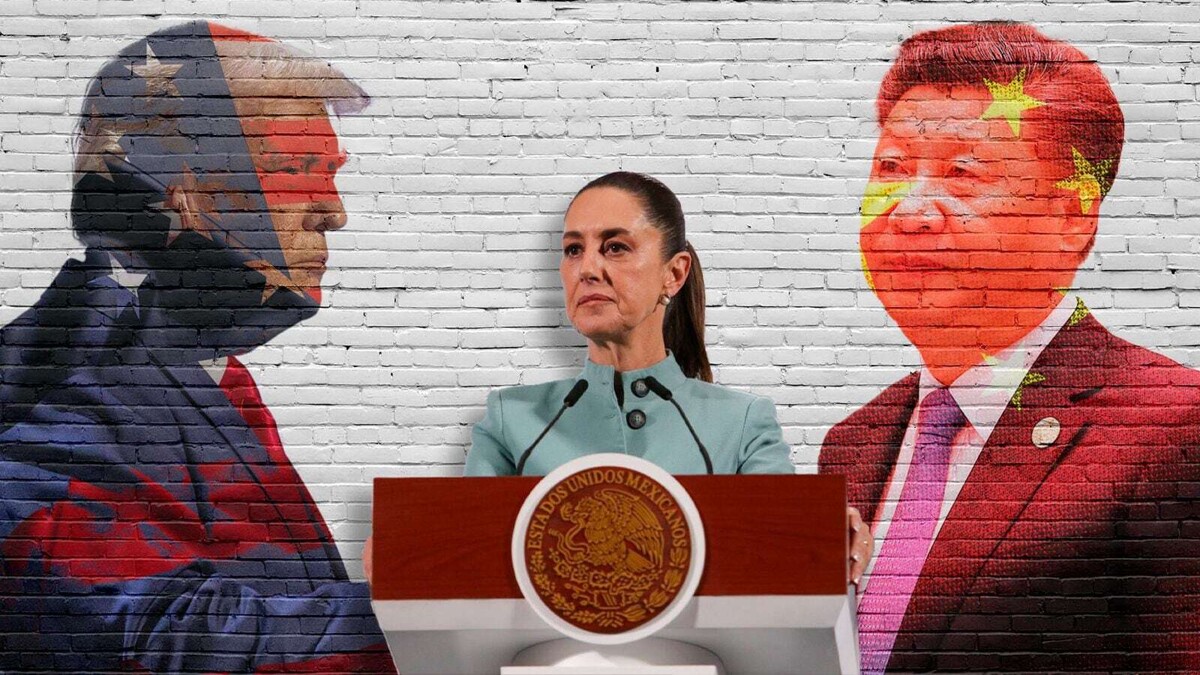
Mexican President Claudia Sheinbaum discussed in one of her conferences the possibility of imposing tariffs on Chinese products in response to the United States' threat to tax Mexican exports. Sheinbaum explained that Mexico does not have a free trade agreement with China, which would allow this measure without violating international agreements. She emphasized the importance of prioritizing trade agreements with countries that already have treaties.
César Salazar pointed out that Mexico could face pressure from Trump and that imposing tariffs on Chinese products would raise the costs of Mexican manufactures that use inputs from China. These tariffs could have a direct impact on the Mexican economy and the country's security, serving as a negotiation tool by the United States.
Trump announced the implementation of a 25% tariff on Mexico and Canada starting March 4, which would generate short-term consequences in financial markets and the exchange rate in Mexico. Experts warned about a potential trade war and job losses in the export manufacturing sector in Mexico.
In light of these threats, Mexico has warned about possible impacts, including job losses in the United States and effects on automotive companies. The Secretary of Economy of Mexico proposed to strengthen regional stability and seek shared prosperity through investment in infrastructure and global competitiveness.
Experts alerted that imposing tariffs on Mexico could violate the Treaty between Mexico, the United States, and Canada (USMCA) and affect trade relations with China. The need to negotiate with a "volatile" government and maintain a balance between trade relations with the United States and China is being raised.











